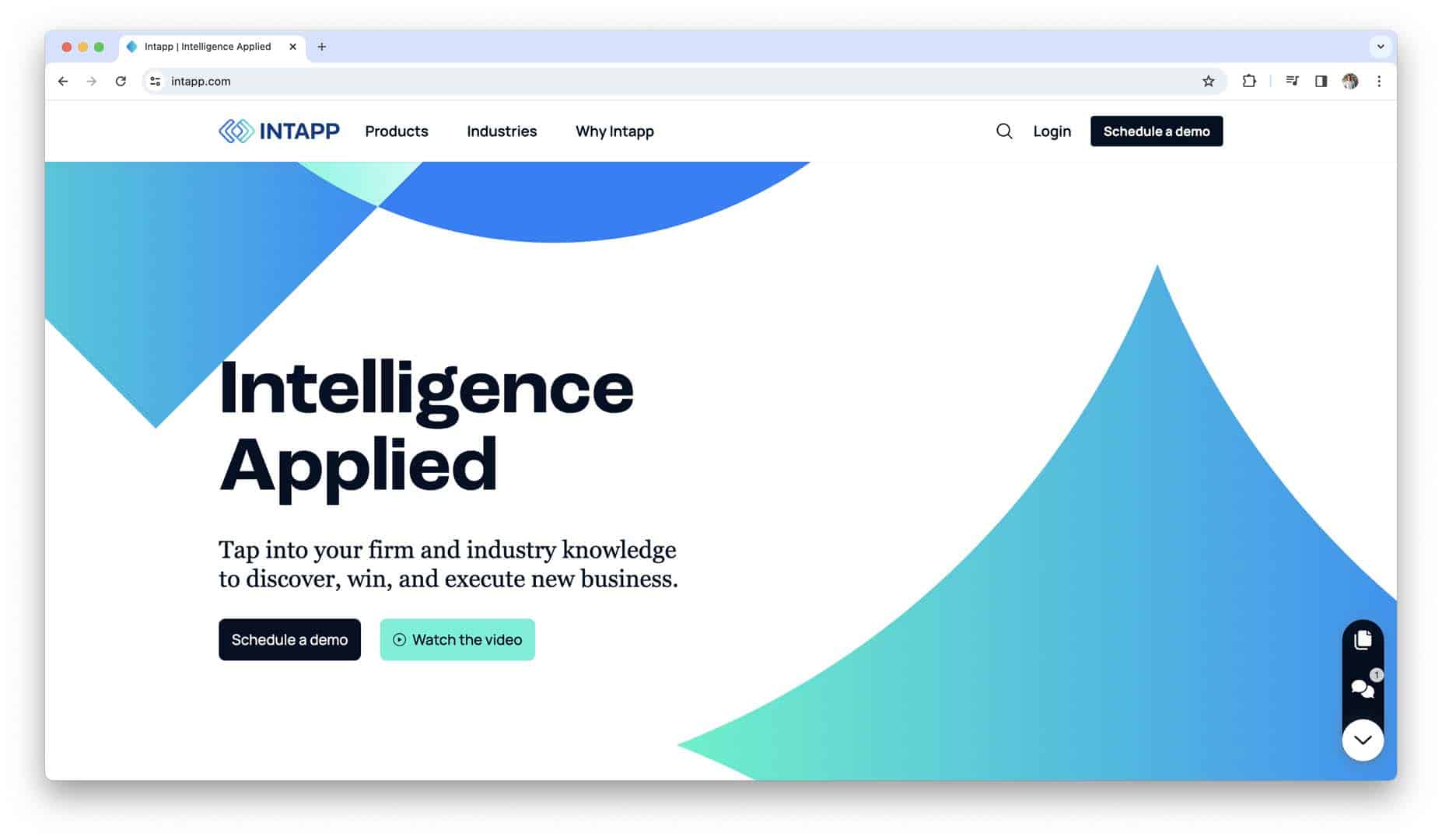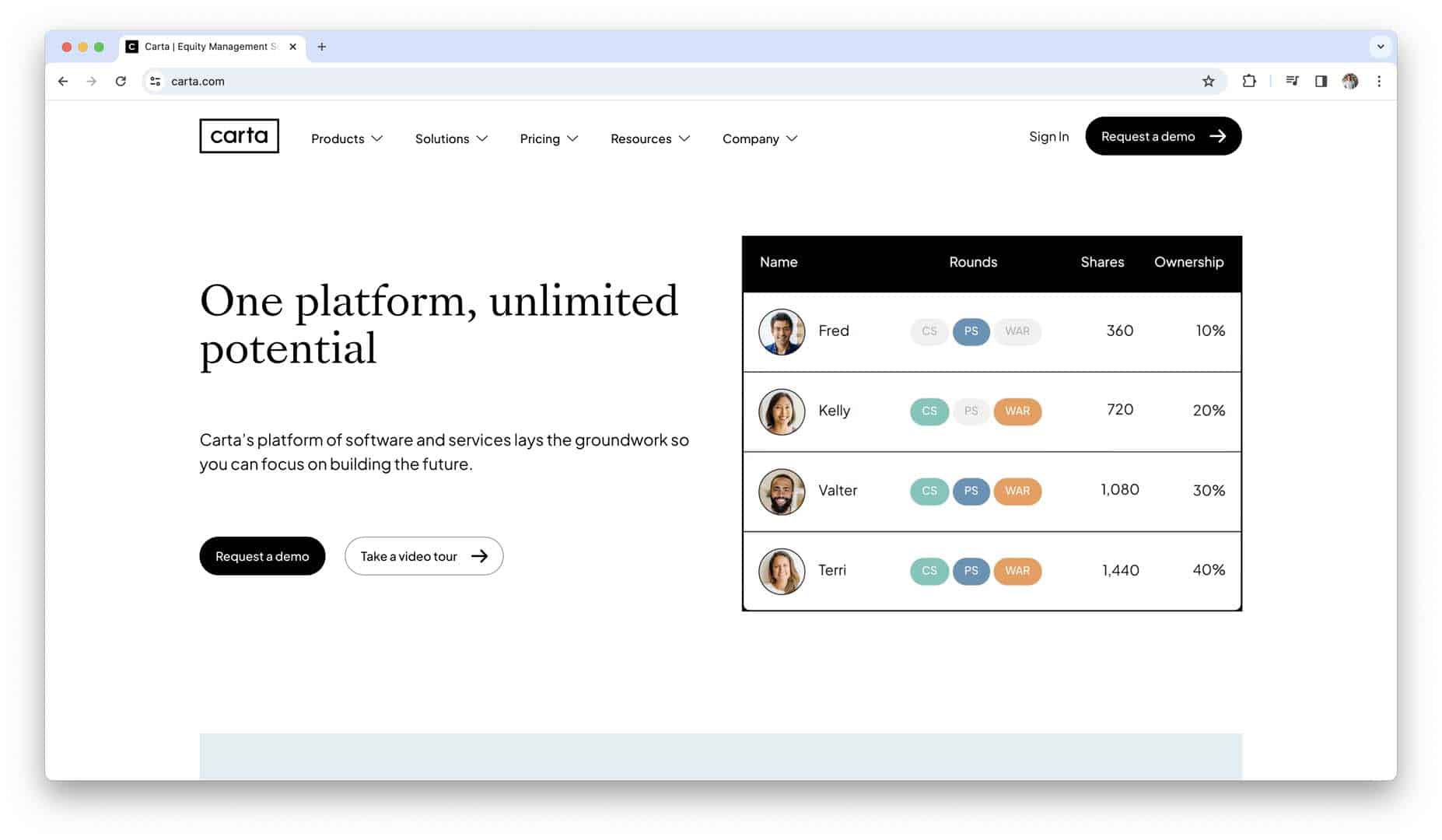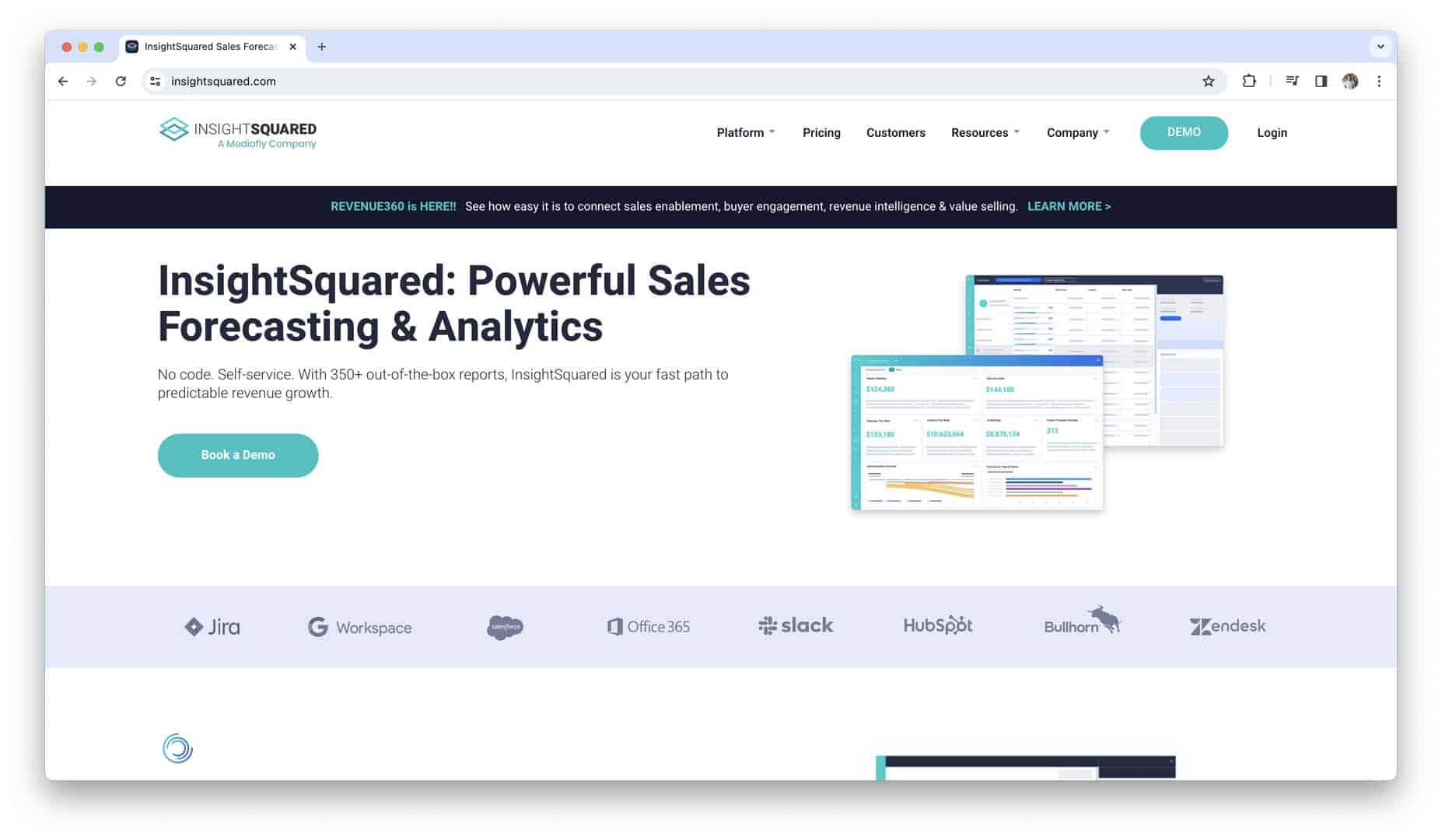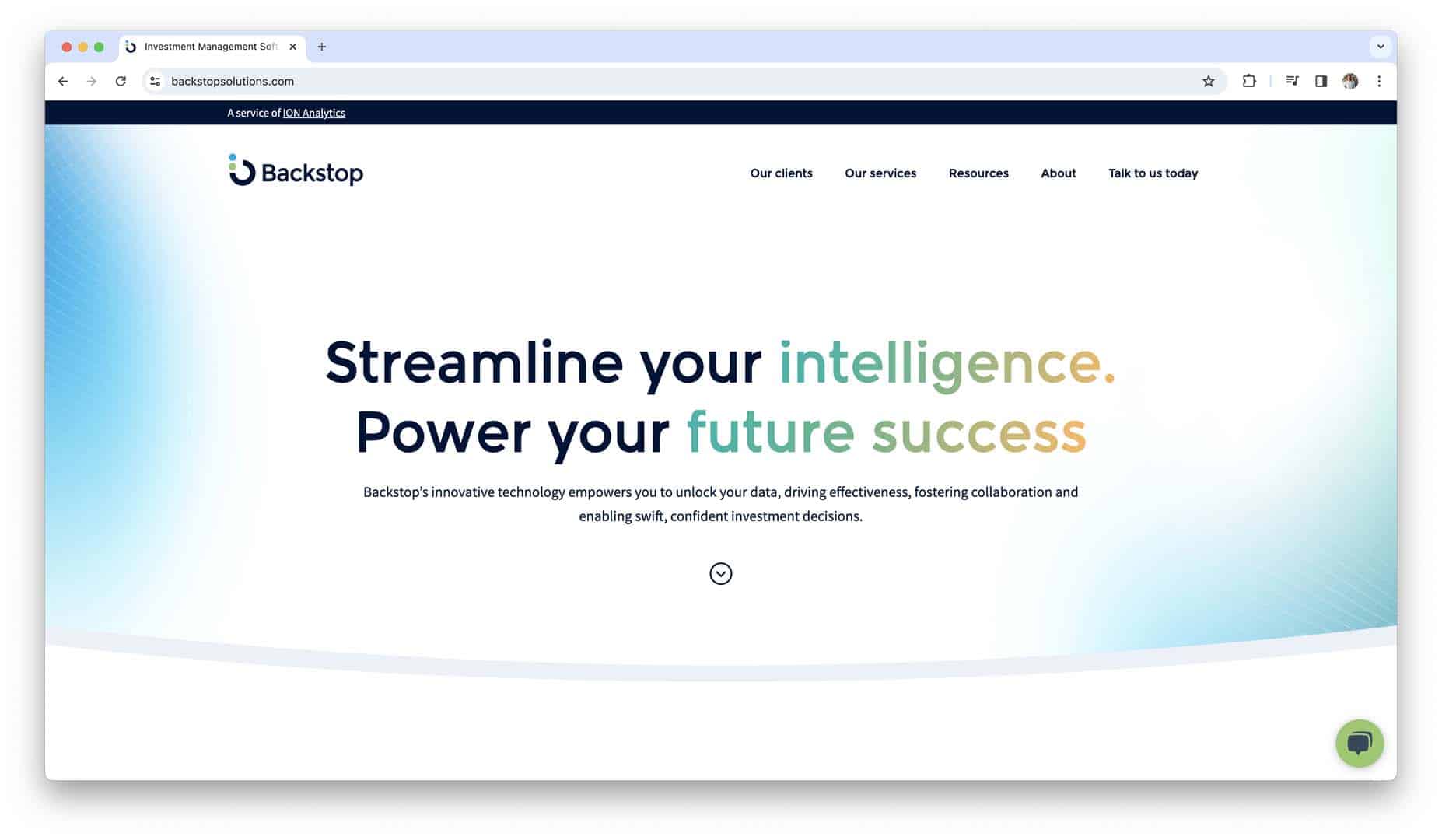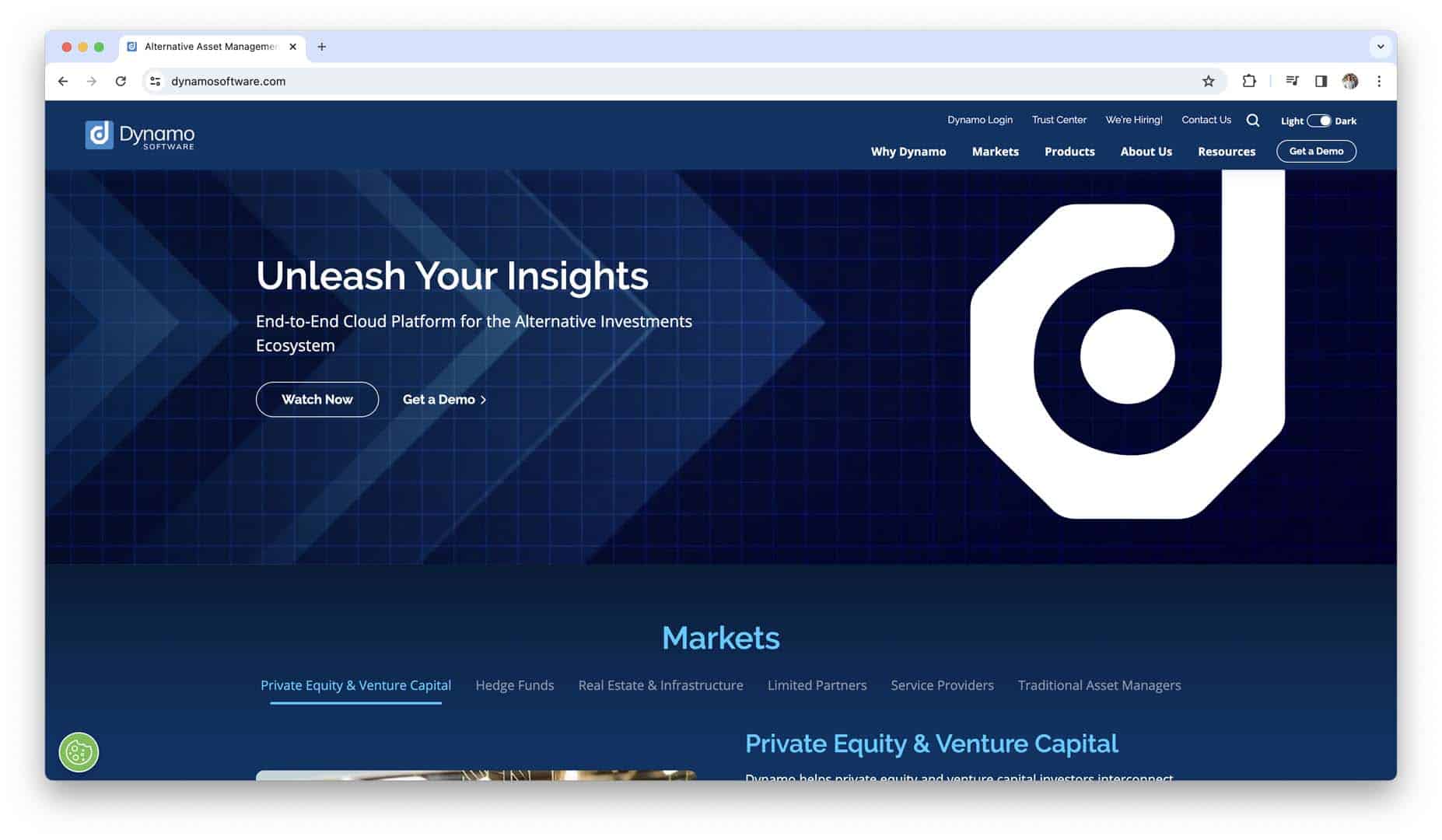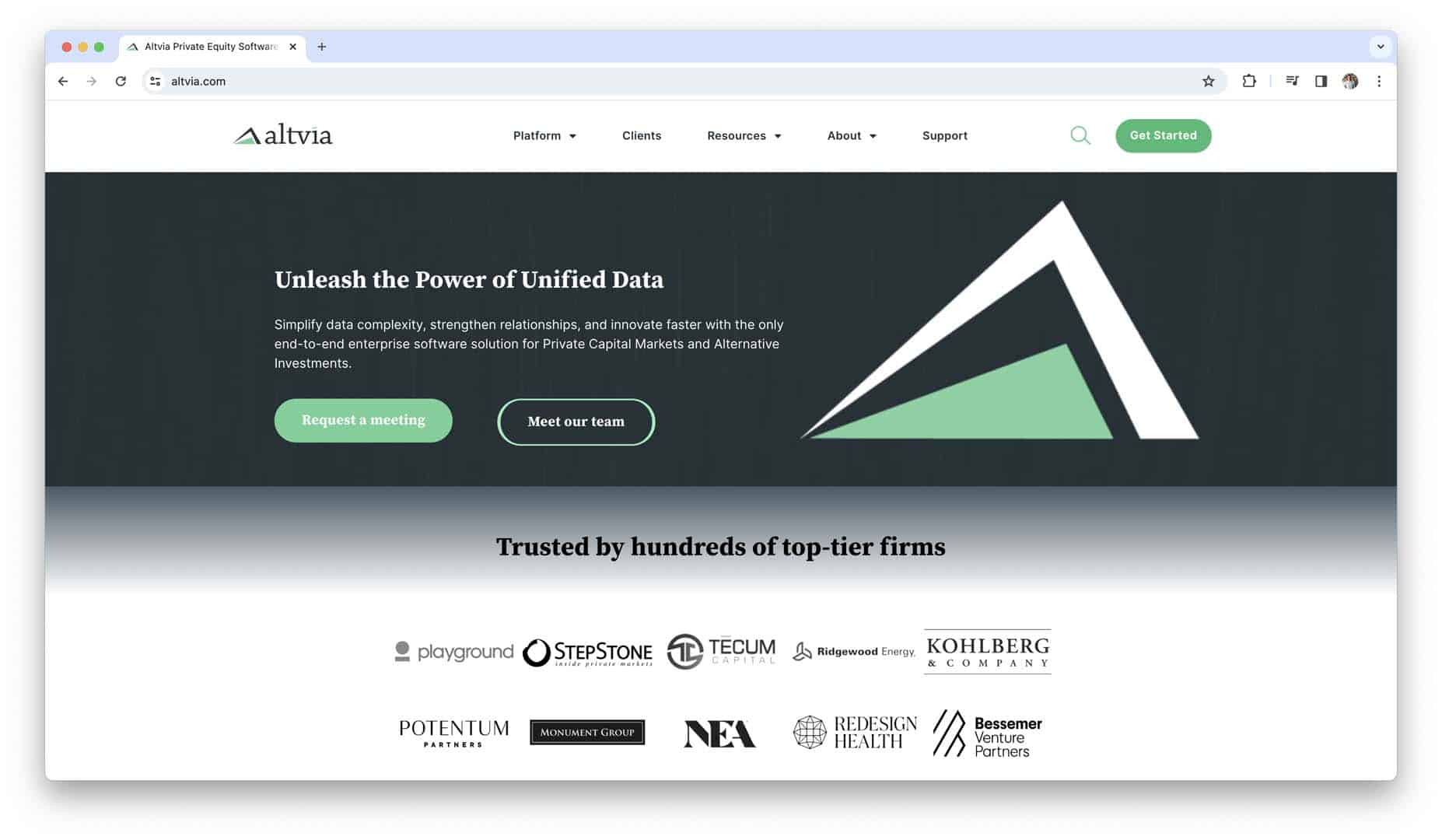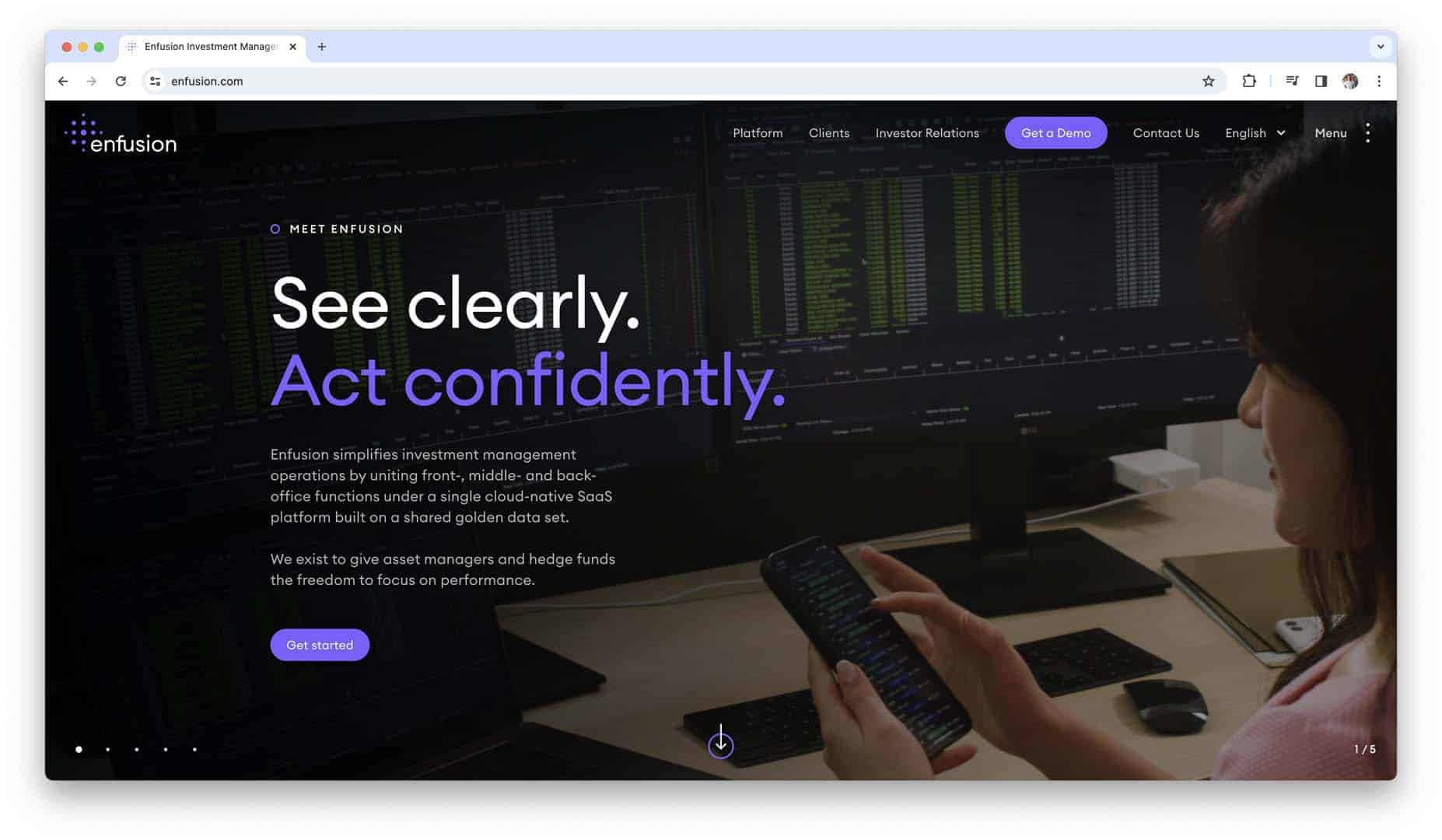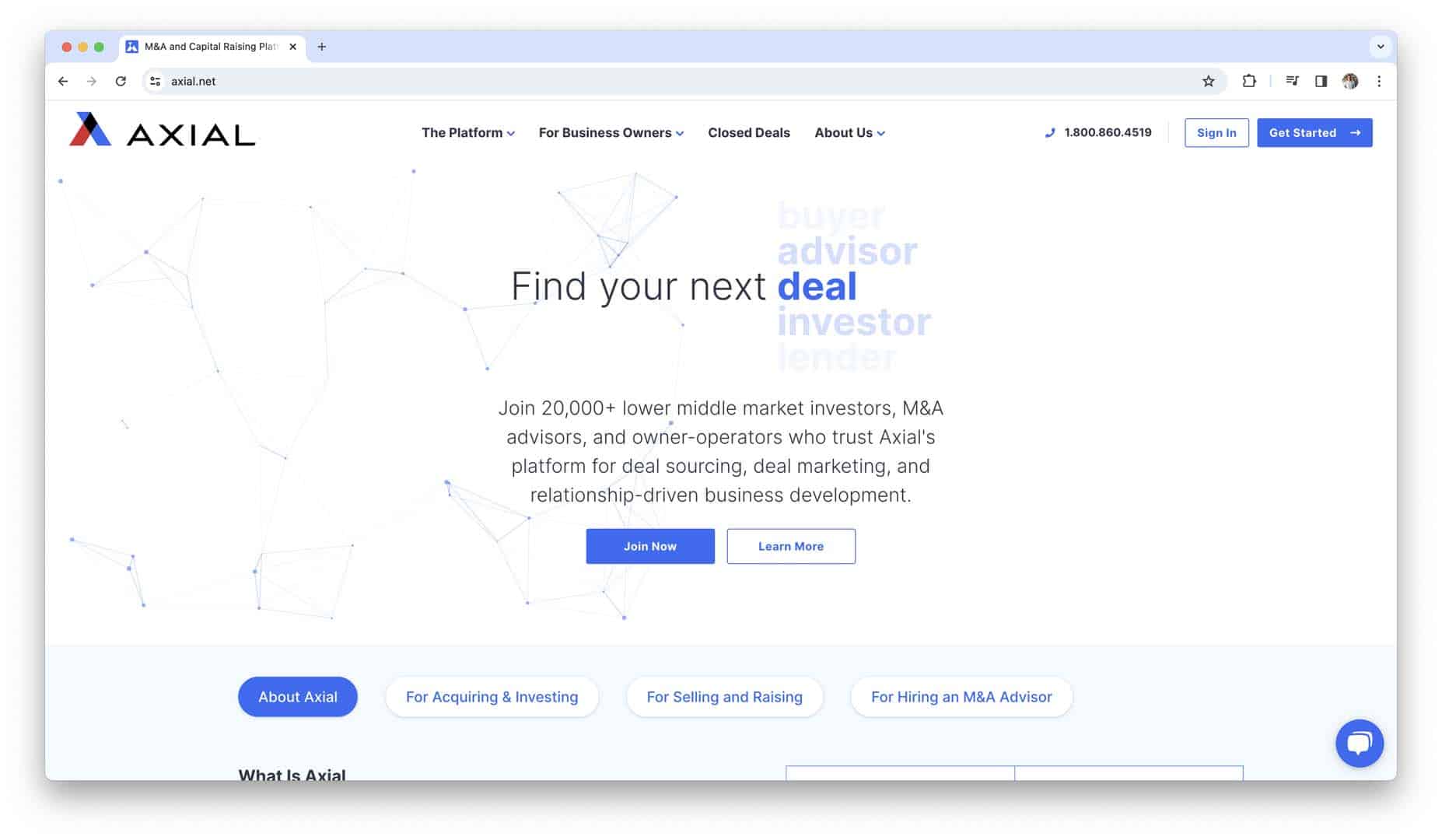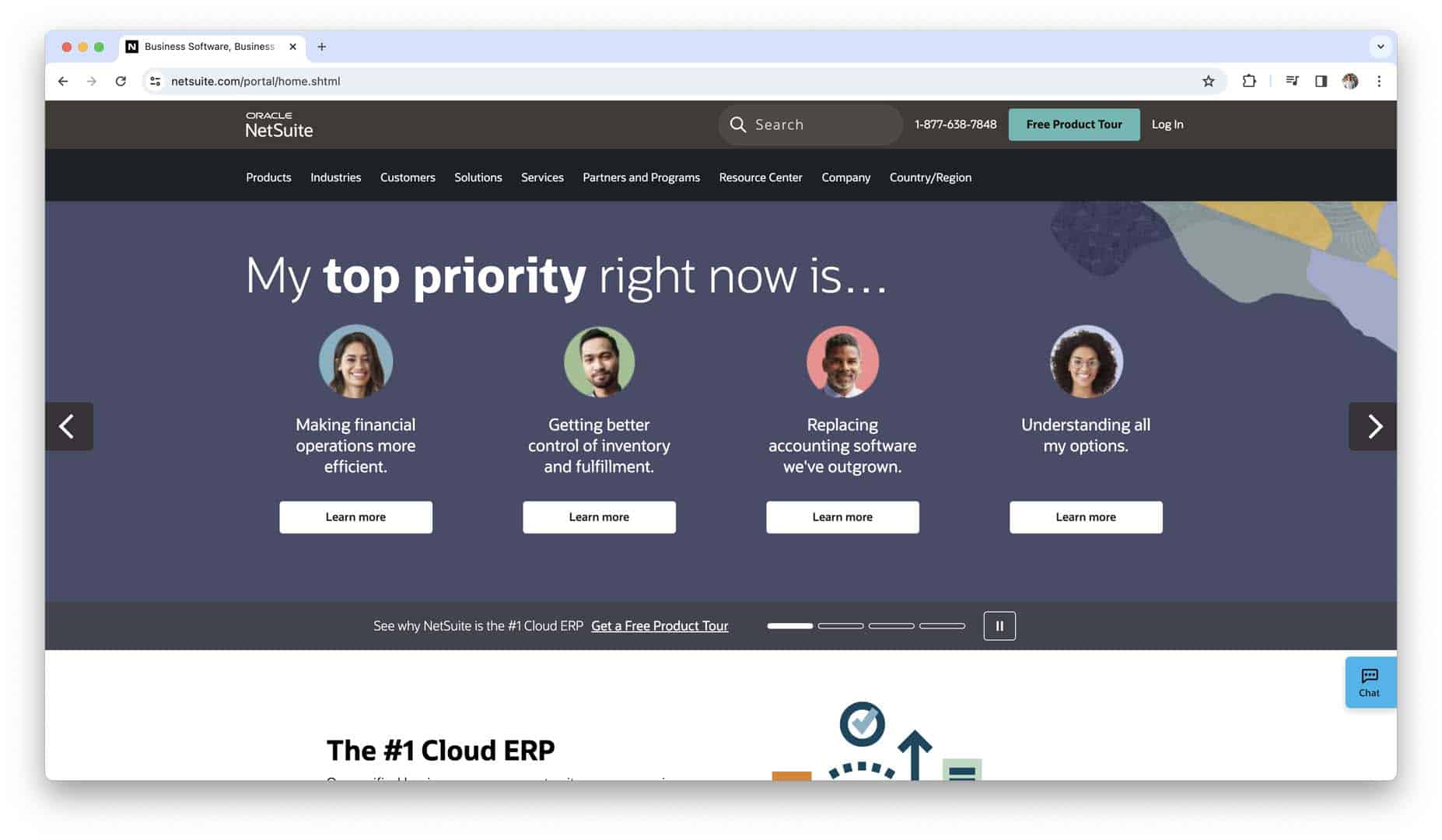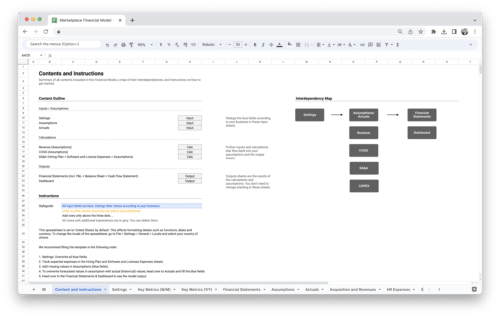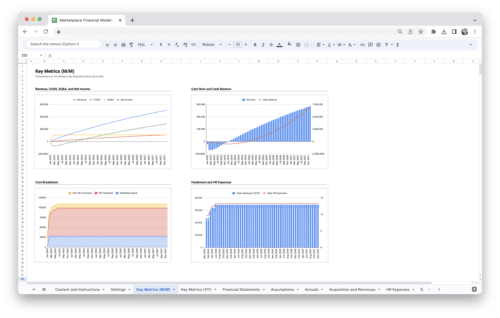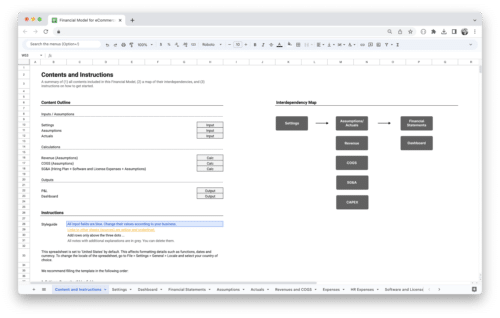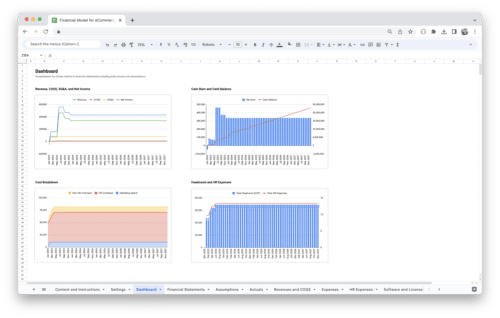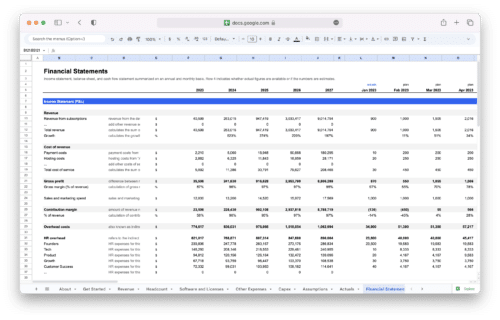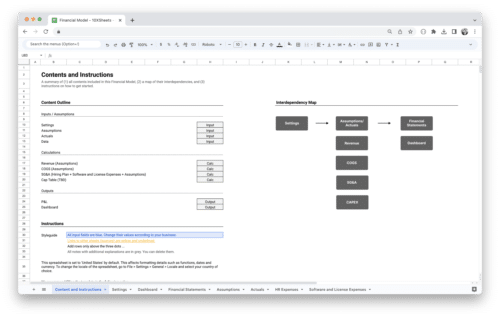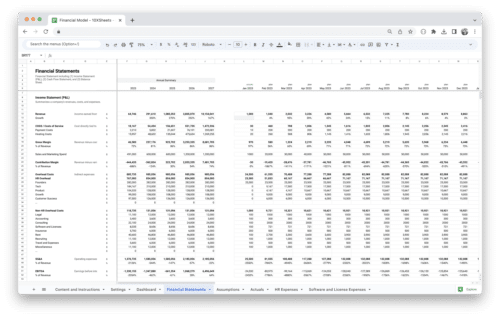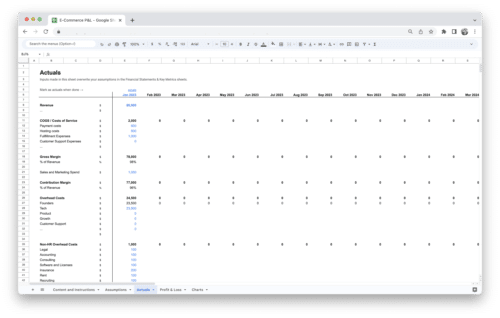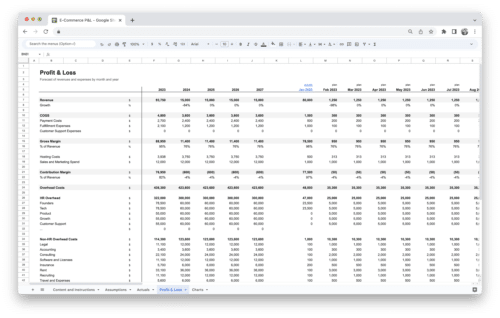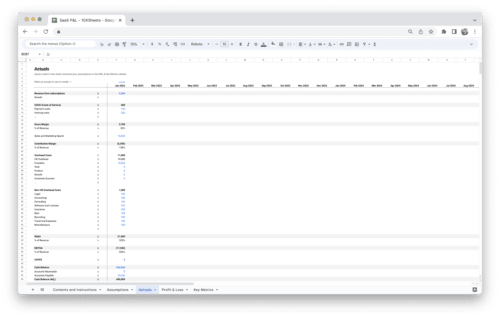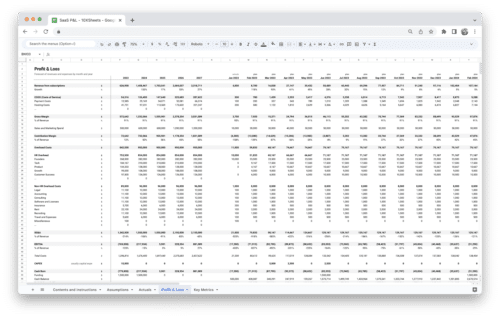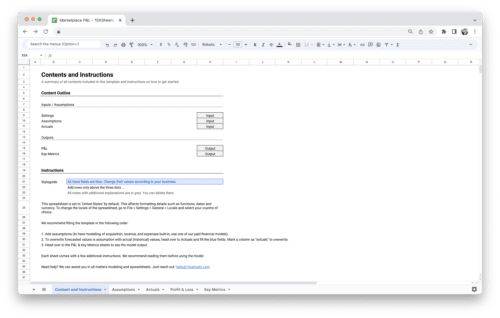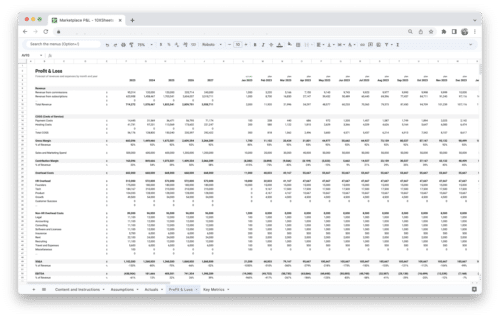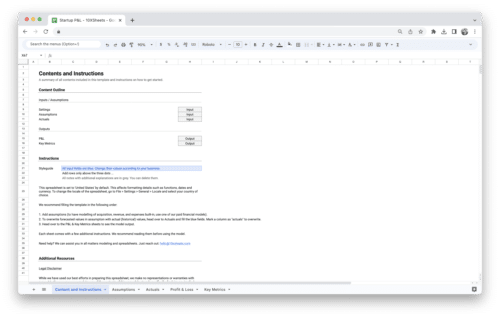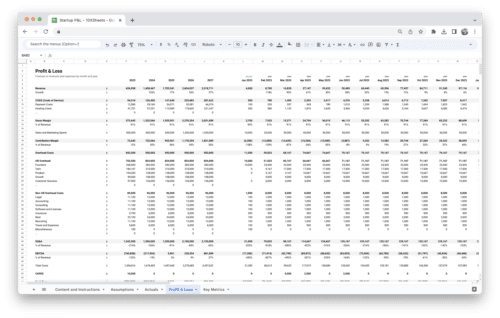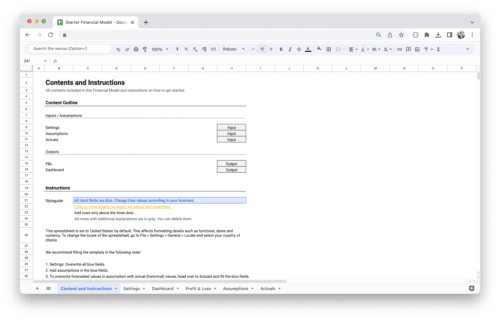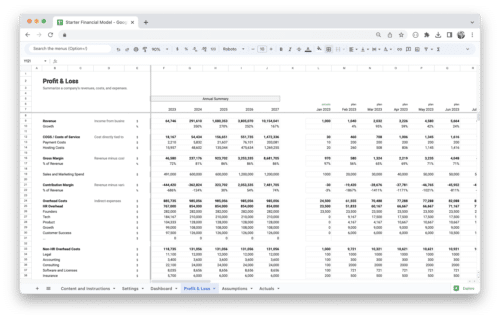- What is Venture Capital Management?
- What is Venture Capital Management Software?
- Key VC Management Features to Consider
- Top Venture Capital Management Software and Tools
- How to Choose the Best Venture Capital Management Software?
- How to Implement Venture Capital Management Software?
- Venture Capital Management Software Best Practices
- Conclusion
Are you looking to optimize your venture capital investments and streamline your investment processes? In today’s dynamic business landscape, venture capital management software and tools have become indispensable assets for investment firms and venture capitalists alike. These sophisticated platforms offer a comprehensive suite of features designed to simplify deal sourcing, due diligence, portfolio management, and communication. However, with a plethora of options available in the market, choosing the right software can be daunting. That’s where our guide comes in.
We’ve compiled an overview of the top venture capital management software and tools, covering everything from key features and evaluation criteria to best practices for implementation and optimization. Whether you’re a seasoned investor or new to the world of venture capital, our guide will help you navigate the landscape and make informed decisions to maximize the success of your investment endeavors.
What is Venture Capital Management?
Venture capital management refers to the process of sourcing, evaluating, investing in, and managing high-potential startups or early-stage companies with the aim of generating significant returns for investors. It involves identifying promising investment opportunities, conducting due diligence, negotiating terms, and providing ongoing support and guidance to portfolio companies. Venture capital managers play a crucial role in identifying and nurturing promising startups, managing investment portfolios, and ultimately delivering returns to their investors.
Key Components of Venture Capital Management
- Deal Sourcing: Identifying and sourcing potential investment opportunities from various channels, including networking events, referrals, and online platforms.
- Due Diligence: Conducting thorough due diligence to assess the viability and potential of investment opportunities, including market analysis, financial evaluation, and assessment of management team.
- Investment Decision: Making informed investment decisions based on the findings of due diligence, market trends, and investment thesis.
- Portfolio Management: Managing and monitoring the performance of the investment portfolio, including tracking financial metrics, providing strategic guidance, and facilitating exits.
- Exit Strategy: Developing and executing exit strategies to realize returns on investments, which may include IPOs, mergers and acquisitions, or secondary sales.
Importance of Venture Capital Management
Venture capital management plays a critical role in fueling innovation, driving economic growth, and fostering entrepreneurship. Here are some key reasons why venture capital management is important:
- Funding Innovation: Venture capital provides funding to innovative startups and early-stage companies that have the potential to disrupt industries, develop groundbreaking technologies, and address pressing societal challenges.
- Supporting Entrepreneurs: Venture capitalists provide more than just financial capital; they also offer strategic guidance, industry expertise, and valuable networks to help entrepreneurs navigate the challenges of scaling their businesses.
- Job Creation: Successful startups fueled by venture capital investment often grow rapidly and create jobs, contributing to job creation, economic prosperity, and wealth generation in communities.
- Driving Economic Growth: Venture-backed companies contribute to economic growth by driving innovation, creating new markets, and attracting talent and capital to regions with vibrant startup ecosystems.
- Risk Capital: Venture capital serves as risk capital, providing funding to startups with high growth potential that may not have access to traditional forms of financing, such as bank loans or public equity markets.
What is Venture Capital Management Software?
Venture capital management software refers to specialized tools and platforms designed to streamline and automate various aspects of the venture capital investment process. These software solutions offer features and functionalities tailored to the unique needs of venture capitalists and investment firms, helping them manage their investment portfolios more efficiently and effectively.
Key Components of Venture Capital Management Software
- Investment Tracking: Tracking and monitoring the performance of individual investments and the overall portfolio, including key metrics such as valuation, ownership stake, and investment status.
- Deal Flow Management: Managing deal flow and due diligence processes, from deal sourcing and evaluation to investment decision-making and closing.
- Communication and Collaboration: Facilitating communication and collaboration among team members, investors, and portfolio companies through integrated messaging platforms, document sharing, and task management tools.
- Reporting and Analytics: Generating custom reports and analytics to gain insights into portfolio performance, track investment metrics, and make data-driven decisions.
- Integration with External Systems: Integrating with other platforms and services, such as CRM, accounting, and market data providers, to streamline data exchange and ensure interoperability with existing systems.
Importance of Venture Capital Management Software and Tools
Venture capital management software and tools play a crucial role in enhancing the efficiency, productivity, and effectiveness of venture capital firms and investment professionals. Here’s why they are important:
- Streamlining Workflows: Venture capital management software streamlines and automates various aspects of the investment process, reducing manual effort, minimizing errors, and improving operational efficiency.
- Enhancing Decision-Making: By providing access to real-time data, advanced analytics, and customizable reporting capabilities, venture capital management software enables informed decision-making and strategic planning.
- Improving Collaboration: Collaboration tools integrated into venture capital management software facilitate seamless communication, information sharing, and collaboration among team members, investors, and external stakeholders.
- Ensuring Compliance: Venture capital management software helps ensure compliance with regulatory requirements and industry best practices by providing built-in compliance features, data security measures, and audit trails.
- Driving Performance: By enabling better portfolio management, deal flow management, and decision support, venture capital management software ultimately helps drive better investment performance and deliver higher returns to investors.
Key VC Management Features to Consider
Venture capital management software comes with a variety of features tailored to meet the complex needs of investment firms and venture capitalists. Understanding these features is crucial for making an informed decision when selecting the right software for your organization. Let’s explore some key features you should consider:
Investment Tracking and Portfolio Management
Investment tracking and portfolio management are at the core of venture capital management software. This feature enables you to monitor the performance of your investments and track the overall health of your portfolio in real-time. Look for software that offers:
- Customizable Dashboards: Access to customizable dashboards that provide a comprehensive overview of your portfolio’s performance, including key metrics and KPIs.
- Real-time Data Updates: Automatic updating of investment data to ensure accurate and up-to-date information.
- Portfolio Analysis Tools: Advanced analytics tools that allow you to analyze the risk and return profile of your investments, identify trends, and make data-driven decisions.
- Transaction Tracking: Ability to track investment transactions, including capital calls, distributions, and valuations, to maintain transparency and compliance.
Due Diligence and Deal Flow Management
Effective due diligence and deal flow management are essential for evaluating potential investment opportunities and making informed investment decisions. Look for software that offers:
- Deal Sourcing Tools: Access to a robust deal sourcing platform that allows you to source investment opportunities from various channels, including networks, conferences, and online platforms.
- Due Diligence Workflows: Customizable due diligence workflows that streamline the due diligence process, from initial screening to final investment decision.
- Document Management: Centralized document management system that securely stores and organizes due diligence documents, including financial statements, legal documents, and pitch decks.
- Collaboration Features: Collaboration features that facilitate communication and collaboration among team members during the due diligence process, including task assignments, comments, and document sharing.
Communication and Collaboration Tools
Effective communication and collaboration are critical for the success of any venture capital firm. Look for software that offers:
- Integrated Messaging Platforms: Built-in messaging platforms that allow team members to communicate and collaborate in real-time, eliminating the need for external communication tools.
- Document Sharing and Collaboration: Secure document sharing and collaboration features that allow team members to collaborate on documents and files, track changes, and maintain version control.
- Task Management: Task management tools that enable you to assign tasks, set deadlines, and track progress, ensuring accountability and transparency across the organization.
Reporting and Analytics Capabilities
Comprehensive reporting and analytics capabilities are essential for gaining insights into portfolio performance, identifying trends, and making informed investment decisions. Look for software that offers:
- Custom Reporting: Ability to generate custom reports tailored to your specific reporting requirements, including performance reports, investor reports, and compliance reports.
- Advanced Analytics: Advanced analytics tools that allow you to analyze portfolio performance metrics such as internal rate of return (IRR), multiple on invested capital (MOIC), and total value to paid-in (TVPI), and compare them against industry benchmarks.
- Benchmarking: Benchmarking tools that enable you to benchmark your portfolio performance against industry standards and peer groups, identify areas for improvement, and make strategic adjustments to your investment strategy.
Integration with Other Platforms and Services
Integration with other platforms and services enhances interoperability and data exchange, enabling seamless integration with your existing systems and workflows. Look for software that offers:
- CRM Integration: Integration with customer relationship management (CRM) systems to manage investor relations effectively, track communication history, and automate investor reporting.
- Accounting Integration: Integration with accounting software for seamless synchronization of financial data, including investment transactions, cash flows, and valuations, to ensure accurate financial reporting and compliance.
- Market Data Integration: Integration with market data providers to access real-time market data and financial information for investment analysis, including stock prices, market indices, and economic indicators.
Top Venture Capital Management Software and Tools
When it comes to venture capital management, selecting the right software and tools can make a significant difference in your firm’s success. Here, we delve into some of the top options available in the market, each offering unique features and capabilities tailored to the needs of venture capitalists and investment firms.
1. Intapp
Intapp (previously DealCloud) is a comprehensive deal management platform designed specifically for financial services professionals, including venture capitalists. It offers robust deal sourcing, due diligence, relationship management, and reporting capabilities. With Intapp, users can streamline deal processes, track interactions with investors and portfolio companies, and gain valuable insights to drive better investment decisions.
2. Carta
Carta is a leading equity management platform that provides venture capital firms with tools to manage their investment portfolios effectively. It offers features such as cap table management, equity accounting, and compliance tracking, allowing firms to track ownership stakes, issue stock options, and maintain regulatory compliance with ease. Additionally, Carta offers investor relations tools that facilitate communication and collaboration with stakeholders.
3. PitchBook
PitchBook is a comprehensive financial data and software provider catering to the private and public equity markets. It offers a suite of tools tailored to venture capital professionals, including deal sourcing, company research, portfolio tracking, and benchmarking. With PitchBook, users can access extensive data on private companies, transactions, and investors, empowering them to make informed investment decisions and identify new opportunities.
4. eFront
eFront is a leading alternative investment management software provider, offering solutions for venture capital, private equity, real estate, and infrastructure investments. Its venture capital software provides comprehensive portfolio management, fund administration, and investor reporting capabilities, enabling firms to streamline their investment processes and deliver superior returns to investors. eFront also offers advanced analytics and performance monitoring tools to help firms track portfolio performance and identify opportunities for growth.
5. InsightSquared
InsightSquared is a business intelligence and analytics platform that provides venture capital firms with actionable insights into their investment portfolios. It offers customizable dashboards, reports, and analytics tools that enable firms to track key performance metrics, identify trends, and make data-driven decisions. With InsightSquared, firms can optimize their investment strategies, improve portfolio performance, and drive better outcomes for their investors.
6. Backstop Solutions
Backstop Solutions offers a comprehensive suite of software solutions for alternative asset managers, including venture capital firms. Its venture capital management software provides features such as deal tracking, portfolio monitoring, and investor relations management. With Backstop, firms can streamline their investment processes, track performance metrics, and communicate effectively with investors and stakeholders.
7. VTS
VTS is a leading commercial real estate platform that offers venture capital firms tools to manage their real estate investments. It provides features such as lease management, asset tracking, and performance analytics, enabling firms to optimize their real estate portfolios and maximize returns. VTS also offers collaboration tools that facilitate communication and collaboration among team members, tenants, and property managers.
8. Dynamo Software
Dynamo Software offers a comprehensive portfolio management platform for venture capital firms, private equity firms, and family offices. Its venture capital software provides features such as deal pipeline management, fund accounting, and investor reporting. With Dynamo Software, firms can streamline their investment processes, track fund performance, and maintain compliance with regulatory requirements.
9. Altvia
Altvia Private Equity Software is a leading provider of CRM and investor relations software for alternative asset managers, including venture capital firms. Its platform offers features such as investor database management, fundraising pipeline tracking, and communication tools. With Altvia, firms can centralize investor data, streamline fundraising efforts, and enhance investor relationships to drive success.
10. Enfusion
Enfusion is a cloud-based investment management platform that offers solutions for venture capital firms, hedge funds, and asset managers. Its venture capital software provides features such as portfolio management, risk analytics, and compliance monitoring. With Enfusion, firms can automate investment processes, manage risk exposure, and ensure compliance with regulatory requirements to optimize their investment strategies.
11. Axial
Axial is a leading deal network and private market platform that connects buyers, sellers, and investors in the middle market. Venture capital firms use Axial to source deals, conduct due diligence, and manage relationships with potential investment opportunities. With its extensive network and advanced deal sourcing capabilities, Axial helps venture capitalists discover new investment opportunities and facilitate successful transactions.
12. NetSuite
NetSuite, a cloud-based business management software suite, offers solutions for venture capital firms to manage their financials, operations, and customer relations. Its venture capital management module provides features such as fund accounting, expense tracking, and investor reporting. With NetSuite, firms can streamline their back-office operations, gain real-time visibility into financial performance, and improve decision-making processes.
13. Fundwave
Fundwave is a venture capital and private equity software solution that offers fund administration, portfolio management, and investor reporting tools. Its platform provides features such as fund accounting, performance tracking, and document management. Venture capital firms use Fundwave to automate fund administration tasks, monitor portfolio performance, and streamline investor communications. With its cloud-based infrastructure and user-friendly interface, Fundwave simplifies complex investment processes and enables firms to focus on generating returns for their investors.
How to Choose the Best Venture Capital Management Software?
Selecting the right venture capital management software is a critical decision that can significantly impact your firm’s efficiency, productivity, and ultimately, your investment outcomes. To ensure you make an informed choice, it’s essential to evaluate software options based on several key criteria. Let’s explore these criteria in detail:
Scalability and Flexibility
Scalability and flexibility are crucial considerations, especially for growing investment firms. You need software that can adapt to your changing needs and accommodate the growth of your investment portfolio. Look for software that offers:
- Scalability: The ability to scale the software to handle an increasing number of investments, users, and data volume without sacrificing performance.
- Flexibility: Customization options that allow you to tailor the software to your unique workflows, processes, and preferences, ensuring it aligns with your business requirements.
Security and Compliance
Security and compliance are paramount when it comes to handling sensitive investment data and ensuring regulatory compliance. You need software that prioritizes data security and adheres to industry best practices and compliance standards. Consider the following aspects:
- Data Encryption: Robust data encryption measures to protect sensitive information from unauthorized access or breaches.
- Access Controls: Granular access controls that enable you to restrict access to sensitive data and features based on user roles and permissions.
- Compliance Features: Built-in compliance features that help you comply with industry regulations, such as GDPR, HIPAA, or SEC requirements.
User Interface and Ease of Use
User interface (UI) design and ease of use are critical factors that can impact user adoption and productivity. Choose software with an intuitive and user-friendly interface that minimizes the learning curve for your team members. Look for the following characteristics:
- Intuitive Design: Clean and intuitive user interface design that makes navigation and task execution straightforward and intuitive.
- Responsive Design: Responsive design that ensures the software is accessible and functional across different devices and screen sizes.
- Training and Onboarding: Comprehensive training resources and onboarding support to help users quickly familiarize themselves with the software and maximize its utility.
Customization and Configuration Options
Every venture capital firm operates differently, with unique workflows, processes, and preferences. Therefore, it’s essential to choose software that offers robust customization and configuration options to adapt to your specific needs.
- Workflow Customization: The ability to customize workflows, data fields, and processes to align with your firm’s unique investment strategies and operational requirements.
- Dashboard Customization: Customizable dashboards that allow you to tailor the display of key metrics, reports, and visualizations according to your preferences.
- Integration Flexibility: Flexible integration options that enable seamless integration with other systems and tools used within your organization, such as CRM, accounting, or market data platforms.
Customer Support and Training
Excellent customer support and comprehensive training resources are essential for ensuring a smooth implementation and ongoing usage of the software. Look for software vendors that provide responsive customer support and a range of training options, including:
- Dedicated Support: Access to dedicated customer support representatives who can assist you with technical issues, software updates, and troubleshooting.
- Training Materials: Comprehensive training materials, including documentation, video tutorials, and knowledge base articles, to help users learn how to use the software effectively.
- Onsite Training: Onsite training sessions or workshops conducted by software vendors or third-party consultants to provide hands-on guidance and support during the implementation process.
By evaluating venture capital management software based on these criteria, you can identify the solution that best meets your firm’s needs and objectives, ultimately driving greater efficiency, collaboration, and success in managing your investment portfolio.
How to Implement Venture Capital Management Software?
Implementing venture capital management software is a significant undertaking that requires careful planning, execution, and collaboration across your organization. We’ll guide you through the process of implementing venture capital management software effectively, from initial planning to ongoing optimization.
Planning and Preparation Phase
Before diving into implementation, it’s crucial to lay the groundwork by thoroughly planning and preparing for the process.
- Define Objectives: Clearly define your objectives for implementing venture capital management software. Identify the specific problems or inefficiencies you aim to address and the outcomes you hope to achieve.
- Assess Needs: Conduct a comprehensive assessment of your organization’s needs and requirements. Evaluate your current processes, workflows, and pain points to determine how the software can best support your operations.
- Set Goals and Milestones: Establish clear implementation goals and milestones to track progress and ensure alignment with your objectives. Break down the implementation process into manageable stages and set realistic timelines for each phase.
- Allocate Resources: Allocate sufficient resources, including budget, personnel, and time, for the implementation process. Consider whether additional training or expertise is needed to support the implementation effort effectively.
Implementation and Integration Phase
Once you’ve laid the groundwork, it’s time to execute the implementation plan and integrate the venture capital management software into your organization. Here are the key steps to follow during this phase:
- Select Software: Choose the right venture capital management software that aligns with your objectives, requirements, and budget. Consider factors such as scalability, security, user interface, and integration capabilities when making your selection.
- Customization and Configuration: Work closely with the software vendor to customize and configure the software to meet your organization’s specific needs and preferences. Tailor workflows, data fields, and dashboards to align with your investment strategies and operational processes.
- Data Migration: If you’re transitioning from existing systems or spreadsheets, plan and execute data migration carefully to ensure a smooth transition. Verify data accuracy and integrity during the migration process to avoid any discrepancies or errors.
- Integration with Existing Systems: Integrate the venture capital management software with other systems and tools used within your organization, such as CRM, accounting, or market data platforms. Ensure seamless data exchange and interoperability to maximize the software’s utility and effectiveness.
Training and Onboarding Phase
Effective training and onboarding are essential for ensuring successful adoption and usage of the venture capital management software across your organization. Here’s how to approach training and onboarding:
- User Training: Provide comprehensive training to users at all levels of your organization, including investment professionals, analysts, administrators, and support staff. Offer hands-on training sessions, workshops, and online resources to familiarize users with the software’s features, functionalities, and best practices.
- Onboarding Support: Offer onboarding support to guide users through the initial setup and configuration process. Assign dedicated support representatives or implementation specialists to assist users with any questions, issues, or challenges they encounter during the onboarding process.
- Feedback and Iteration: Solicit feedback from users throughout the training and onboarding process to identify areas for improvement and address any concerns or challenges proactively. Continuously iterate and refine the training materials and resources based on user feedback to enhance the effectiveness of the onboarding process.
Ongoing Evaluation and Optimization
Venture capital management software is not a one-time implementation but an ongoing investment that requires continuous evaluation and optimization. Here’s how to ensure the long-term success and effectiveness of the software:
- Performance Monitoring: Monitor the performance and usage of the venture capital management software regularly to track progress towards your objectives and identify any areas for improvement or optimization.
- User Feedback: Continue to gather feedback from users on their experience with the software, including usability, functionality, and performance. Use this feedback to make informed decisions about future updates, enhancements, or customization efforts.
- Software Updates: Stay informed about software updates, new features, and enhancements released by the vendor. Evaluate the impact of these updates on your organization and implement them as needed to take advantage of the latest improvements and capabilities.
- Process Optimization: Continuously evaluate and optimize your investment processes, workflows, and strategies based on insights and data generated by the software. Identify areas for improvement, streamline workflows, and implement best practices to maximize efficiency and effectiveness.
By following these steps and best practices, you can implement venture capital management software successfully and leverage its full potential to drive greater efficiency, collaboration, and success in managing your investment portfolio.
Venture Capital Management Software Best Practices
Implementing venture capital management software is a significant investment for your firm, and adopting best practices can ensure that you maximize its benefits and achieve optimal results.
- Define Clear Objectives: Clearly define your objectives and goals for implementing venture capital management software. Whether it’s improving efficiency, enhancing collaboration, or increasing transparency, having clear objectives will guide your implementation strategy and measure success.
- Involve Key Stakeholders: Involve key stakeholders from various departments and levels of your organization in the decision-making process. This ensures buy-in from all parties and helps align the software implementation with your organization’s overall goals and objectives.
- Prioritize User Experience: Prioritize user experience when selecting and implementing venture capital management software. Choose software with an intuitive interface and user-friendly design to minimize training time and maximize user adoption.
- Customize to Fit Your Needs: Customize the software to fit your organization’s unique workflows, processes, and preferences. Tailor workflows, data fields, and dashboards to align with your investment strategies and operational requirements for maximum efficiency and effectiveness.
- Provide Comprehensive Training: Provide comprehensive training to users at all levels of your organization to ensure they can effectively utilize the software’s features and functionalities. Offer hands-on training sessions, workshops, and ongoing support to facilitate a smooth transition and maximize user adoption.
- Promote Collaboration: Promote collaboration among team members by leveraging the communication and collaboration tools available in the software. Encourage open communication, information sharing, and teamwork to foster a collaborative and productive work environment.
- Monitor Performance and Usage: Regularly monitor the performance and usage of the software to track progress towards your objectives and identify any areas for improvement or optimization. Use analytics and reporting tools to gain insights into user behavior, system performance, and overall effectiveness.
- Stay Agile and Flexible: Stay agile and flexible throughout the implementation process, adapting to changing needs, feedback, and market conditions. Be willing to iterate and refine your approach as you learn from experience and strive for continuous improvement.
- Regularly Update and Maintain: Regularly update and maintain the software to ensure it remains up-to-date with the latest features, enhancements, and security patches. Work closely with the software vendor to address any issues or concerns promptly and proactively.
- Seek Feedback and Iterate: Continuously seek feedback from users and stakeholders to identify areas for improvement and iterate on your implementation strategy accordingly. Use feedback to drive future enhancements, customization efforts, and process optimizations.
By following these best practices, you can ensure a successful implementation and maximize the value of your venture capital management software, ultimately driving greater efficiency, collaboration, and success in managing your investment portfolio.
Conclusion
Venture capital management software and tools are indispensable resources for investment firms seeking to maximize their returns and streamline their operations. By leveraging these sophisticated platforms, investors can efficiently source deals, conduct due diligence, manage portfolios, and communicate effectively with stakeholders. With the right software in place, firms can make data-driven decisions, optimize their investment strategies, and ultimately achieve greater success in the competitive world of venture capital.
Furthermore, the implementation of venture capital management software is not just a one-time endeavor but an ongoing process of adaptation and optimization. By following best practices, such as defining clear objectives, involving key stakeholders, and prioritizing user experience, firms can ensure a smooth implementation and maximize the value of their software investment. Additionally, regular monitoring, training, and feedback collection are essential for continuous improvement and long-term success. With careful planning and execution, venture capital management software can become a powerful tool for driving innovation, fostering entrepreneurship, and delivering superior returns for investors.
Get Started With a Prebuilt Template!
Looking to streamline your business financial modeling process with a prebuilt customizable template? Say goodbye to the hassle of building a financial model from scratch and get started right away with one of our premium templates.
- Save time with no need to create a financial model from scratch.
- Reduce errors with prebuilt formulas and calculations.
- Customize to your needs by adding/deleting sections and adjusting formulas.
- Automatically calculate key metrics for valuable insights.
- Make informed decisions about your strategy and goals with a clear picture of your business performance and financial health.

